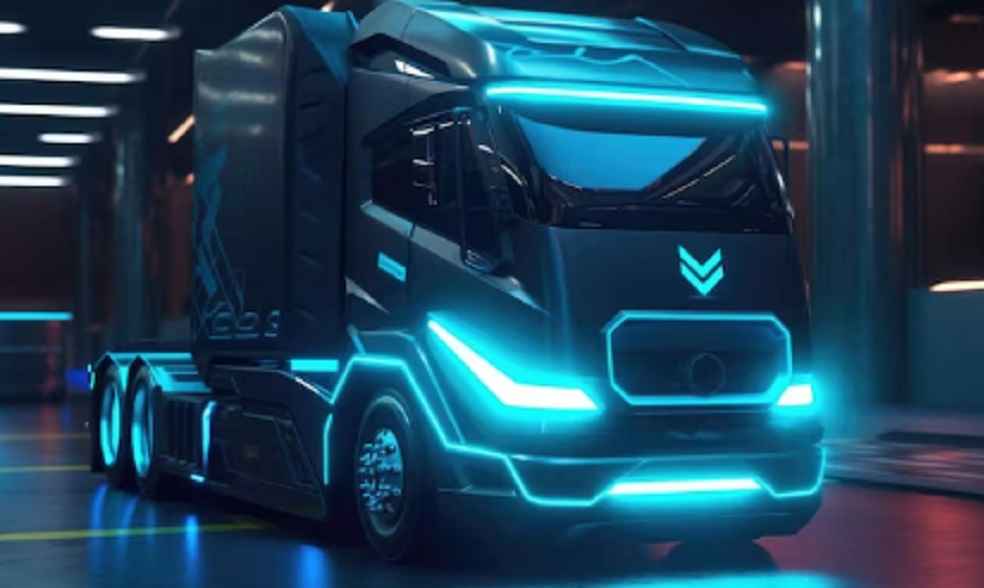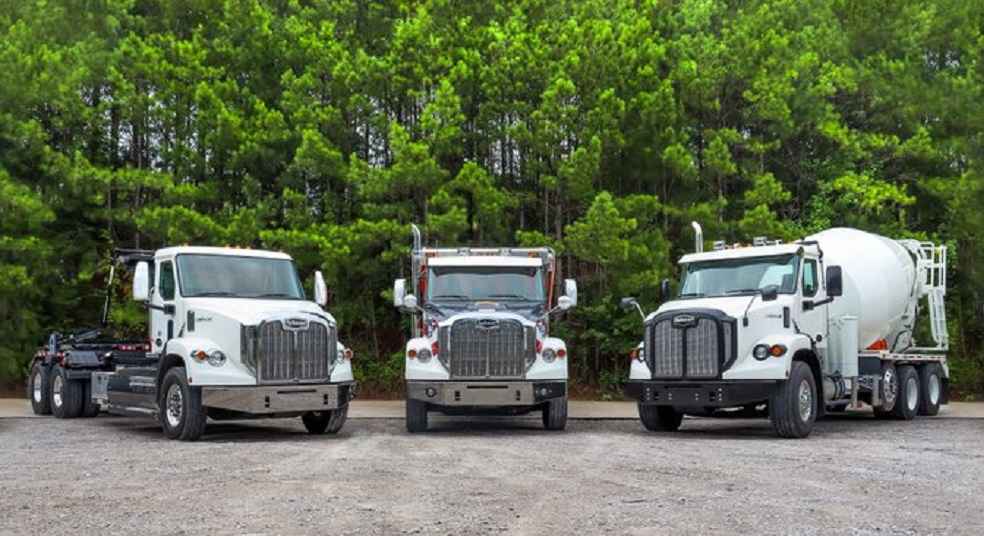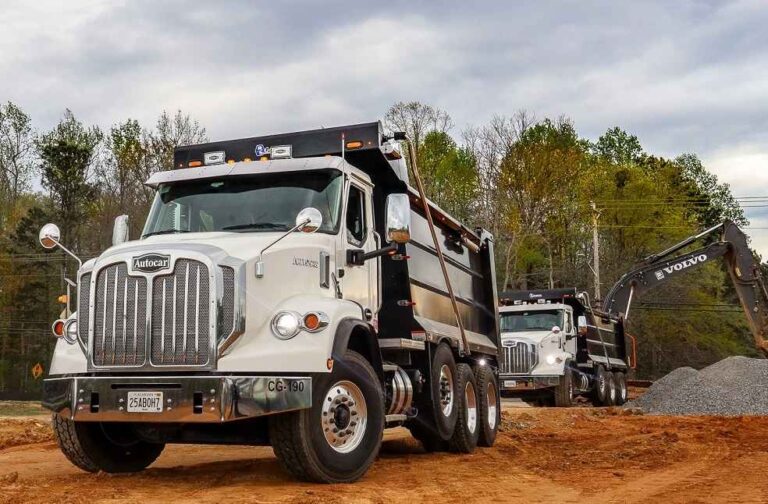General Motors (GM) and Autocar Industries have announced a partnership to develop zero-tailpipe-emissions vocational vehicles. These vehicles, crucial for sectors like construction and mining, will harness the power of GM’s HYDROTEC power cubes.
Specialized for specific work tasks, vocational vehicles are at the forefront of the hydrogen-powered mobility revolution. Charlie Freese, GM’s Global HYDROTEC executive director, emphasizes the necessity for robust solutions in large vehicles. “EV propulsion systems like GM’s Ultium Platform are great solutions for electrifying passenger vehicles, but larger vehicles like Autocar’s Class 8 trucks, refuse trucks and terminal tractors require robust solutions that enable significant energy-carrying capacity and fast refueling times,” he states.

This collaboration marks an expansion of GM’s electrification strategy beyond traditional battery-powered cars. Hydrogen fuel cells, a key part of GM’s approach, adapt well across various sectors including maritime, heavy-duty trucking, and stationary power.
Governments and regions worldwide, including California, the U.S., the European Union, and China, are transitioning from diesel-powered to zero-emission vehicles. This move includes vocational vehicles, now transitioning to battery or hydrogen-fuel-cell power.
Production of these cutting-edge vehicles begins in 2026 at Autocar’s Birmingham, AL, facility. Focusing initially on cement mixers and dump trucks, the range will expand to include refuse trucks and terminal tractors. Autocar President Eric Schwartz sees GM’s HYDROTEC fuel cells as key for meeting EPA standards. “GM’s scale, reliability, and the capability of their HYDROTEC fuel cell technology will enhance Autocar’s existing platforms,” he notes.

Each HYDROTEC power cube, containing over 300 hydrogen fuel cells, offers 77 kW power and operates quieter than conventional diesel engines. These cubes, produced in Brownstown Township, MI, can be grouped for higher power needs.
Triz Engineering, a GVW Group entity like Autocar, will aid in integrating power distribution between the fuel cell and batteries. These batteries accumulate electricity from regenerative braking or generated by the HYDROTEC power cubes.
This GM and Autocar venture is a significant stride in promoting zero-emission technology in vocational vehicles, leading to a more eco-friendly future in commercial transport.
LATEST | Iveco Group and Hedin Mobility Seals Game-Changing Nordic Expansion Deal





